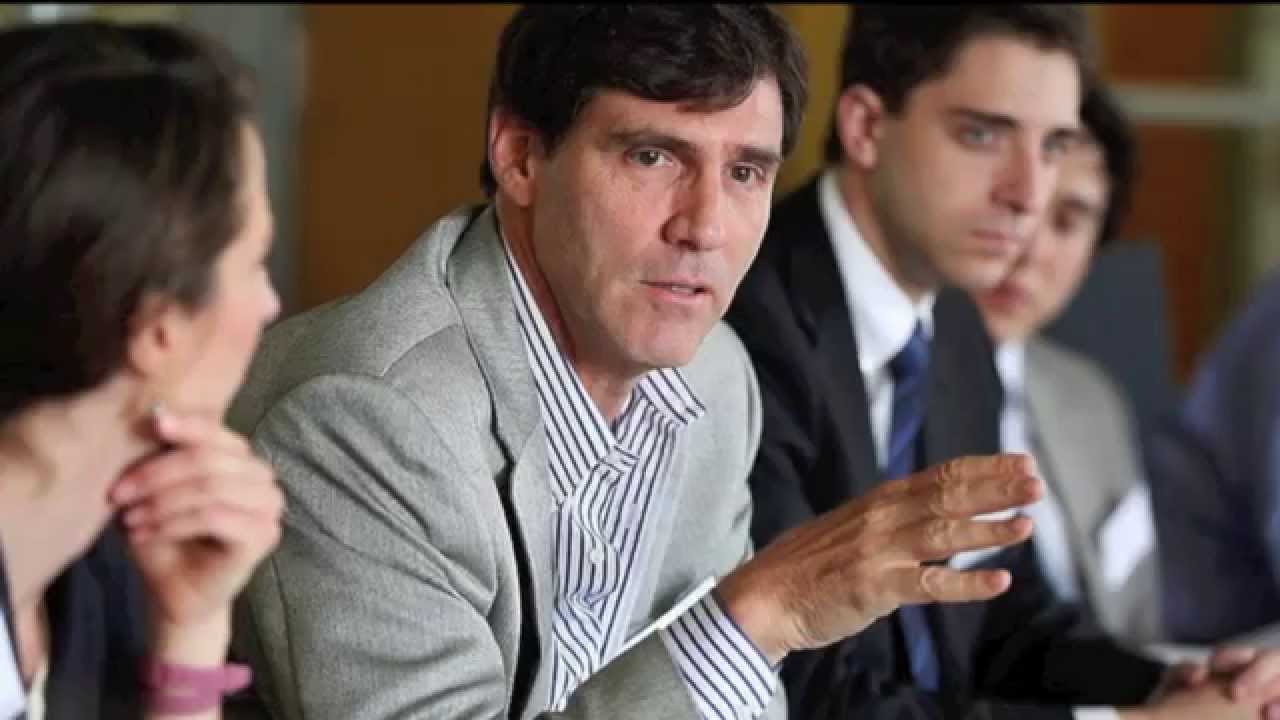I don’t know whether you, dear polymaths, oriented as you are to high science, will even read any farther than my title. Yet will I opine about my profession.
“My profession”…”our profession”….to me they are thrilling words, even now after a few decades of a deliberate campaign to de-mystify all professions and knock them off their pedestal. It’s a fait accompli with medicine, beginning with then First Lady Hilary Clinton’s listening tour in which she uncovered a “Doctors’ Plot” i.e., attempt to make a living.
It’s Judge Jackson’s conformation hearings, coupled with the screaming Yale law students, that made me think about what is happening to law.
To the students: “Grow up”, indeed. Before we even GET to what IS special about being a lawyer, I can tell you it is NOT the ability and temerity to yell out ones’s own opinions. Any bozo can do that.
This morning I heard an item about Jackson’s conformation hearing, that in a brief when she was defending the Gitmo detainees, she wrote, or implied, that Bush and Rumsfeld were “war criminals”.
So now we’re getting down to what, in my humble opinion, IS special about being a lawyer.
It’s hard to believe we have to go way back to the foundations of our implementation of justice as an adversarial system, and everybody has the right to representation. Maybe these students at America’s most selective law school don’t believe in that, it’s passé, they’d rather have a system of “direct justice” where we go right to “the people” to try accused persons and determine their fate. ( cue “The Every”, and also, there was a Star Trek episode about that.). But if that transpires, it’s difficult to imagine what these students think their own rôle will be.
So ok here it is: you, counsel, get a total loser of a case, a stinker of a client. And you get to work, you take hold, you burrow into the case law. And you write, write, rewrite.
You dig out any kernels of merit , you shine up,and brandish any rusty old penknife in your client’s possession.
Your job, your skill, is to advocate, and despite your own initial impression, damned if you can’t DO that, after all!
THAT is SO effing “special”. It’s easy to be passionate and articulate (and loud) about your OWN beliefs, any jerk can do that. But to competently and even passionately—and needless to say honestly*— represent someone else’s position—THAT’s why that someone needs a lawyer.
(*I hope I don’t have to explain that no, “zealous advocacy” doesn’t include lying. Until Kevin Clinesmith, lawyers were always taught, and we knew in the core of our being, that lying to the tribunal (especially under oath, CTFO!) was the Very. Worst. Thing we could do—but evidently now, it’s just a peccadillo as long as you’re baby-faced and your wife is pregnant. Awww…)
Don’t get me wrong, I wish Judge Jackson were not going to be confirmed (which she will be.). I can comprehend her alleged “softness” toward porn consumers, but I can’t believe any intelligent (American) person takes CRT seriously, and that’s a sine qua non for me. But I can comprehend analogizing the Gitmo situation to various deplorable practices of other nations when she was advocating for prisoners. A brief is a brief, it’s a tool, not an academic exercise like a law review article.
It is better to be feared than loved, said Machiavelli. Doctors were belovéd, widely and unconditionally before Being pulled from their pedestal-+ and lawyers were reviled but feared. Maybe that fear can still help my profession retain its status. But NOT if its new postulants despise and refuse to learn the unique and essential skills of advocacy even when it does violence to their “feelings”.
“…The weak lay hand on what the strong have done
Till that be tumbled which was lifted high-
And discord follow upon unison,
And all things at one common level lie”…
—Yeats, from “These Are the Clouds”


